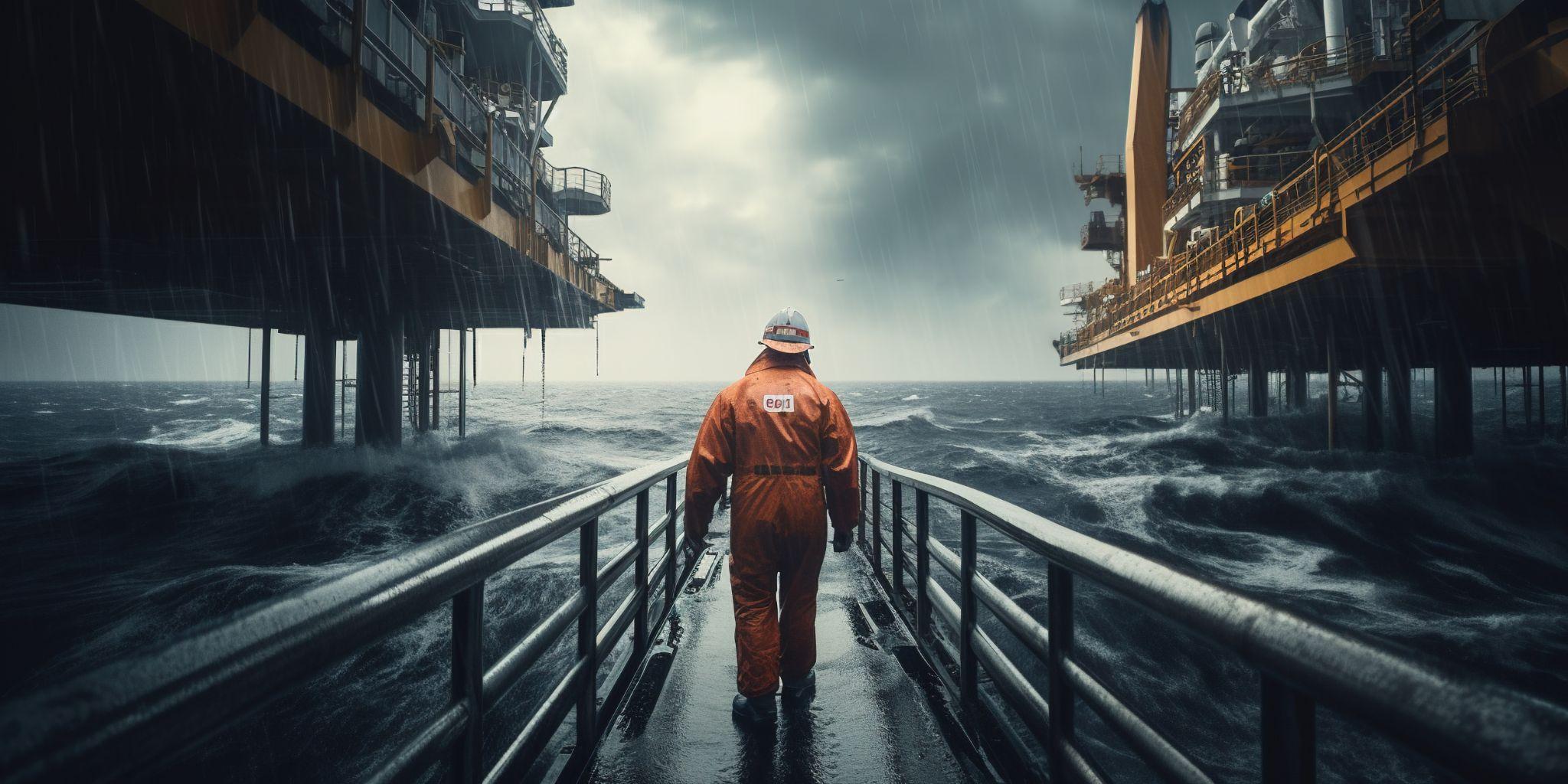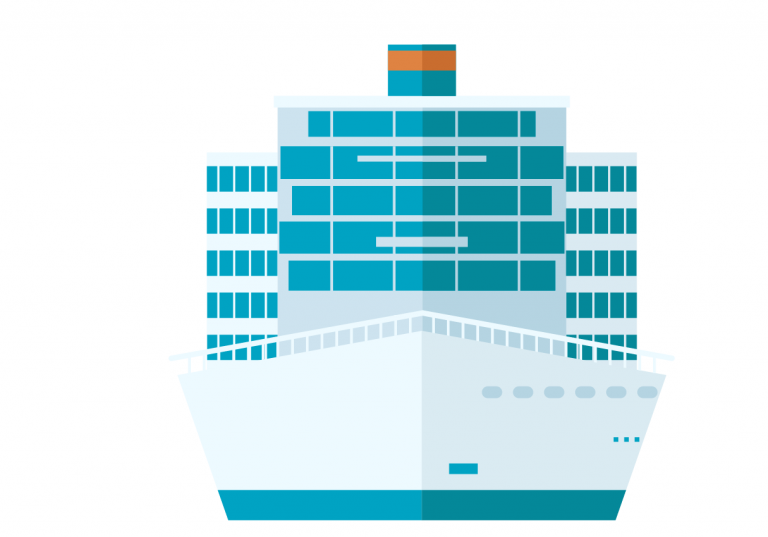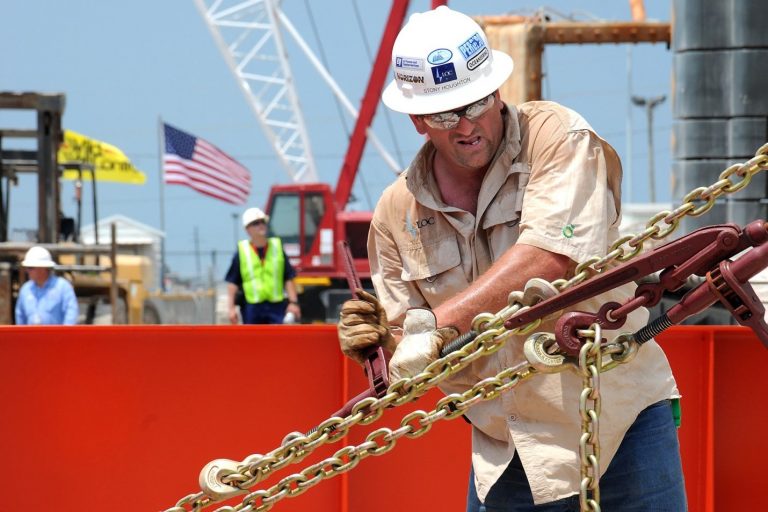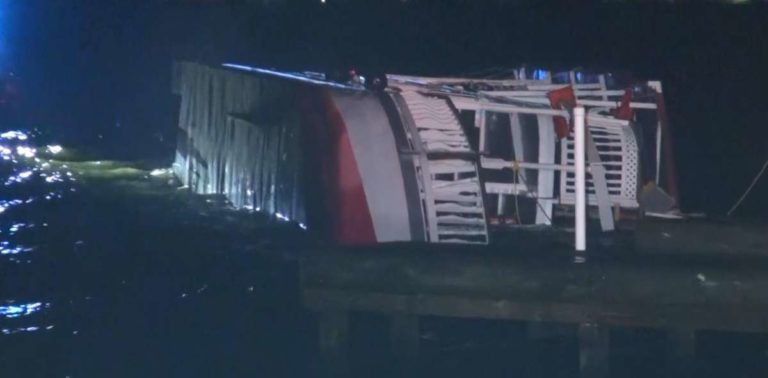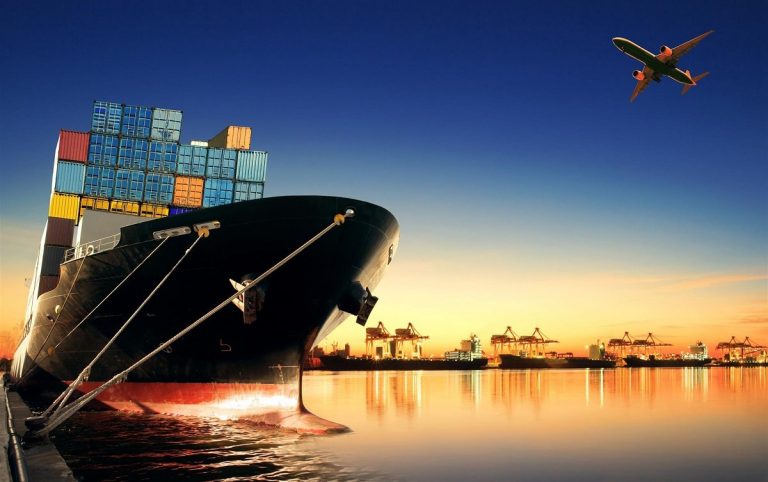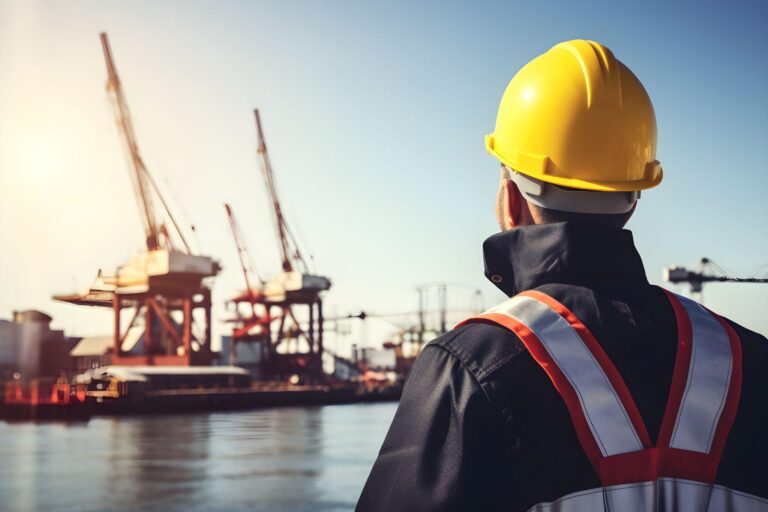Following the explosion of BP oil in 2010, federal lawmakers have exerted efforts to boost safety for employees working on oil rigs and platforms. The federal government has launched a series of new safety guidelines that affect the oil industry. As a result, the supervision over oil and gas companies has increased.
Part of the government’s drive to improve the safety of offshore workers was the introduction of workplace safety rules, which require companies to develop guidelines that permit oil rig workers to stop work upon notice or detection of activities or circumstances that increase the risk of bodily harm.
The stop-work rule is an addition to existing workplace safety regulations that require companies to develop plans about their accident-prevention procedures for the benefit of their workers who are on board oil rigs and platforms.
In addition to the new safety regulations, these companies are also mandated to conduct third-party safety audits, which shall be presented to the Bureau of Safety and Environmental Enforcement, the agency responsible for offshore safety.
According to the Interior Department, it is estimated that these new safety regulations would cost the oil industry around $17 million every year, an amount too little by the industry’s standards. As most offshore industry experts would posit, the annual sum would not severely challenge these oil companies.
Experts also reported that the oil industry would want to avoid a repeat of the Deepwater Horizon explosion; thus, new safety regulations were implemented by these companies.
The Texas offshore injury lawyers at Schechter, Shaffer and Harris represent offshore oil rig and platform workers who have been injured in accidents in the Gulf of Mexico.

